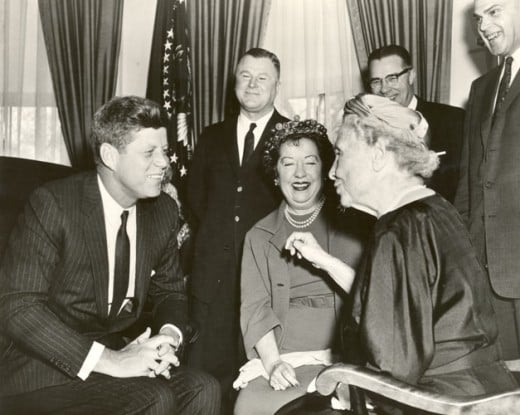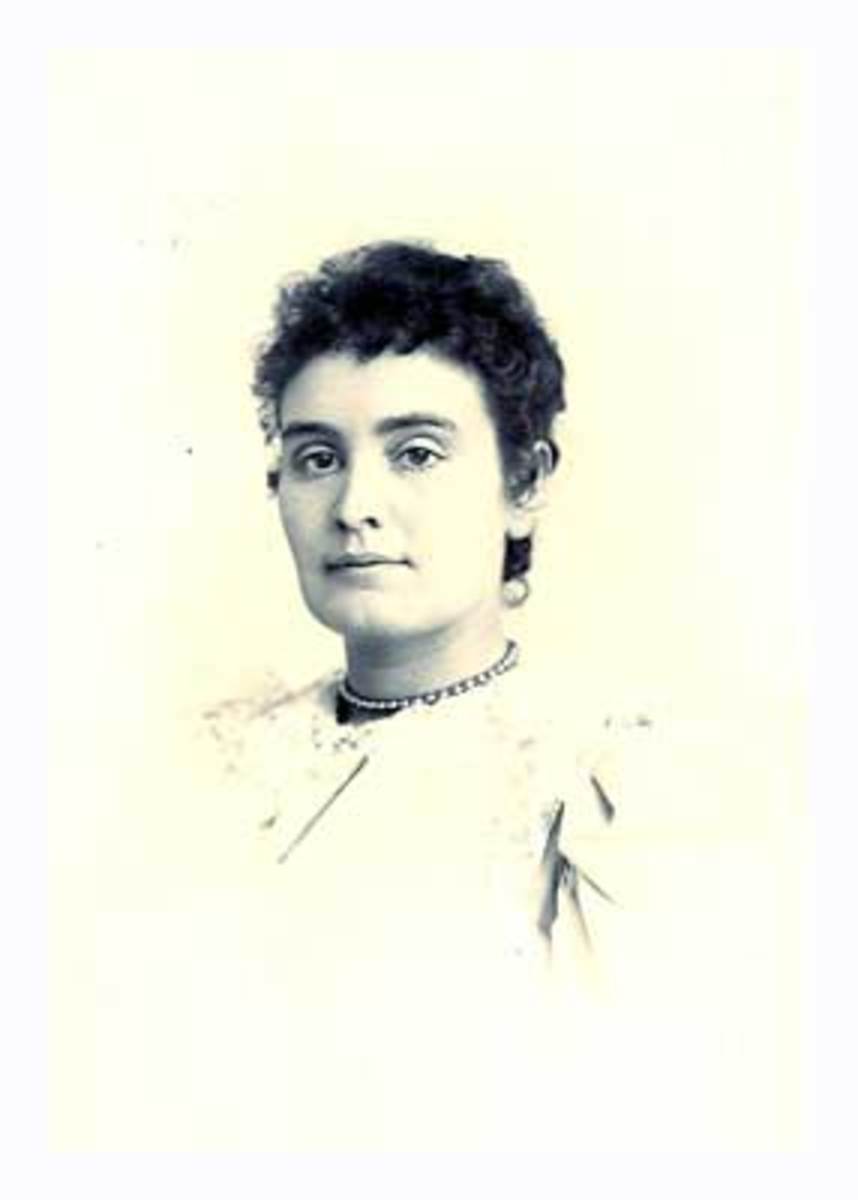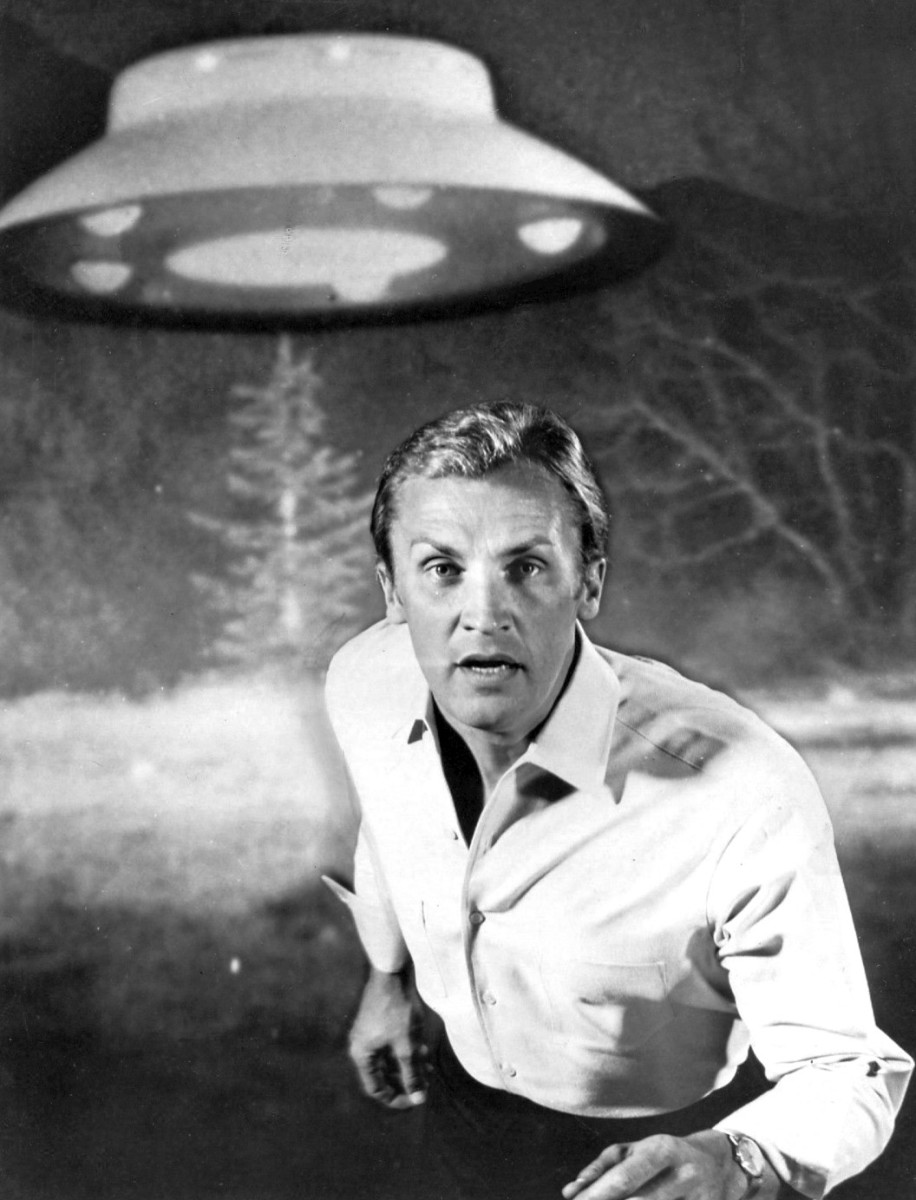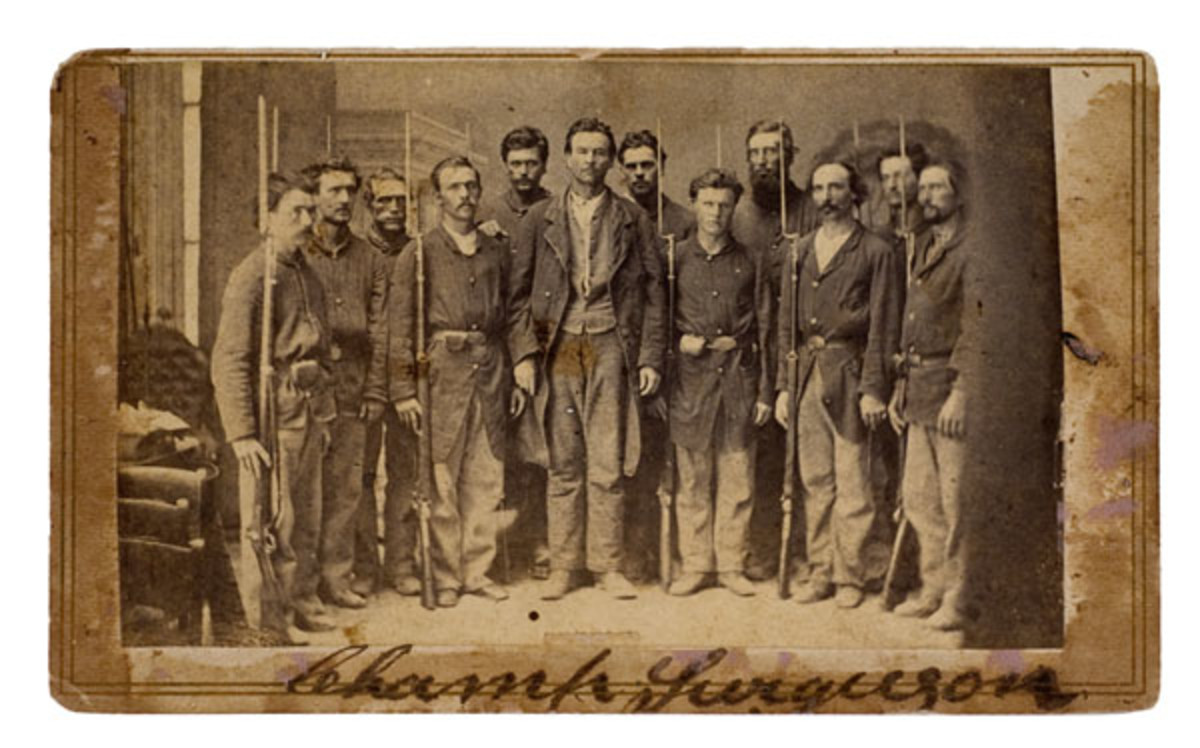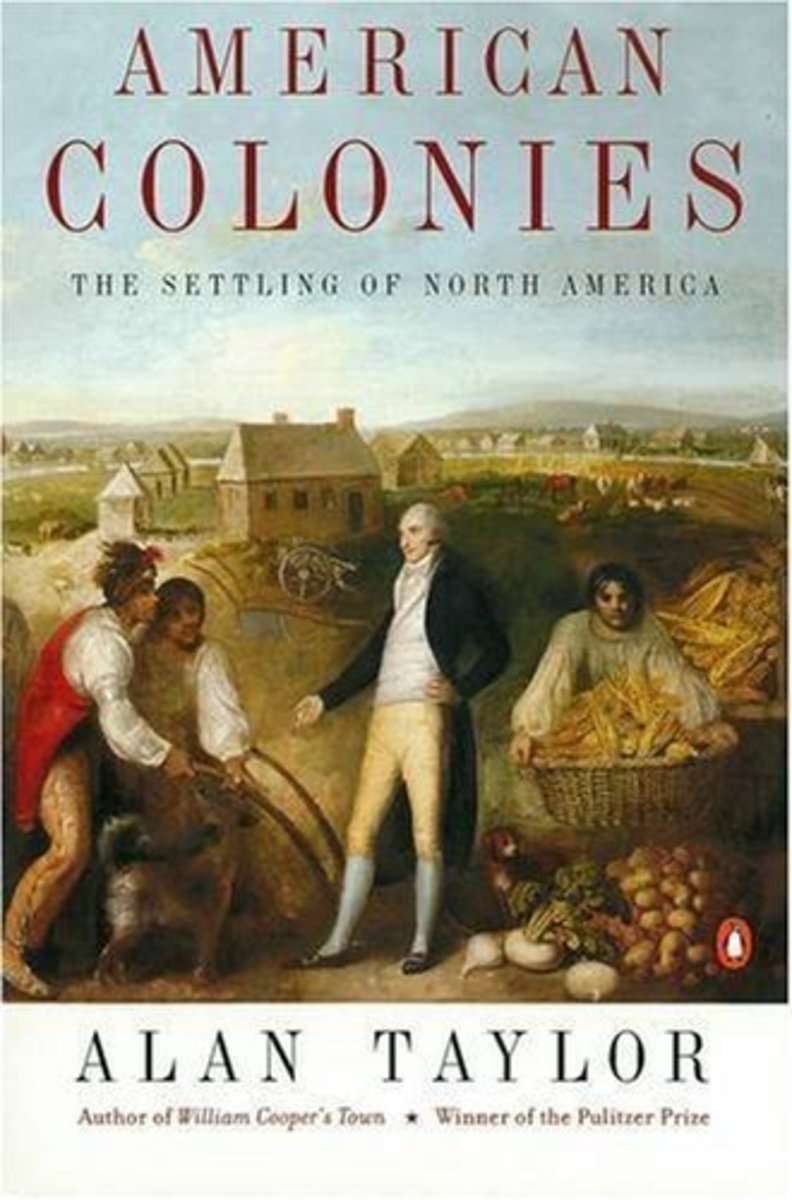- HubPages»
- Education and Science»
- History & Archaeology»
- History of the Americas
The Life of Helen Keller, A Series - Part 5 On America & Civilization
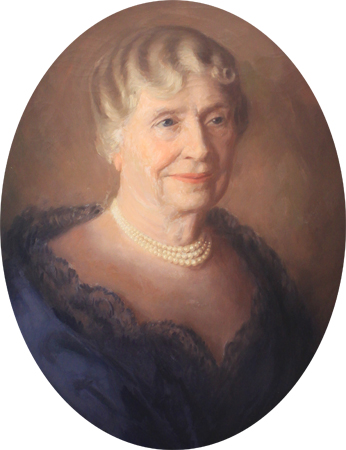
America & Democracy
As a disabled individual, Helen always remained a supporter of American ideals, and the idea that all are created equal. As a blind individual, classifications like skin color and gender, held no importance to Helen. In her darkness and silence, Helen viewed all people as equals - in line with American ideology.
With regards to the more corrupt politicians of Helen’s early years, she wrote, “They tell us like so many children that our safety lies in voting for them. We, the people, are not free. Our democracy is but a name.”[i] Thus, Helen longed for true American democracy, thirsting for a government system that encompassed people from all walks of life – from the disabled, to the downtrodden worker, to women.
To achieve such a democracy, Helen supported the women’s suffrage movement. “So long as the franchise is denied to a large number of those who serve and benefit the public, so long as those who vote are at the beck and call of party machines,” wrote Helen, “the people are not free, and the day of women’s freedom seems still to be in the far future.”[ii]
Helen also believed in extending American rights and liberties to immigrants. (this, during a time of heightened immigration, was a highly polarizing stance). In 1915, Helen pleaded with President Wilson to grant a stay of execution towards an immigrant man who had been convicted of murder under false pretenses in a kangaroo-esque trial. Helen believed the man deserved new trial “that will give the man justice to which the laws of the land entitle him.”[iii]
Because of her unrelenting passion to change the well-being of the country, Helen was viewed by many as a national treasure and a true American. During her lifetime, Helen met with twelve presidents, from Theodore Roosevelt, to Franklin Roosevelt, Harry S. Truman, and John F. Kennedy. And in 1964, President Lyndon Johnson presented Helen with the Presidential Medal of Freedom, the highest civilian award of the United States, and one of only thirty presented at that time.
When asked whether she was a democrat or republican, Helen replied, “I am on the fence. I must study civil government, political economy, and philosophy before I jump.”[iv] The idea of politics as a game or contest with parties never suited Helen. For her, politics, were a means to an end; that end being a true American democracy.
[i]Helen Keller, Out of the Dark, (New York:
Double Day, Page & Co., 1913), pg. 116.
[ii]Keller, Out of the Dark, pg. 115-116.
[iii]Helen Keller, Letter to President Woodrow Wilson,
(1915).
[iv]Van Wyck Brooks, Helen Keller: Sketch for a Portrait, (Boston: E.P. Dutton & Co., 1956), pg. 87.
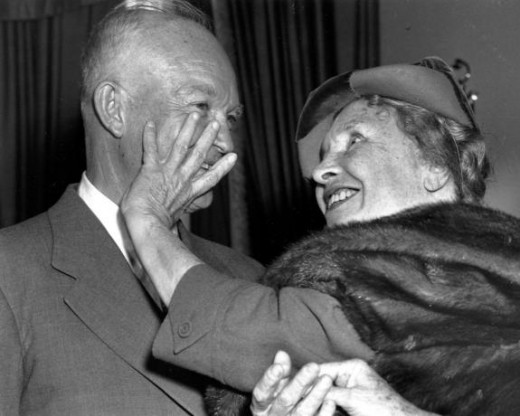
Civilization & Progress
In the years spanning Helen’s lifetime, the world bore witness to great leaps and bounds: advancements like the invention of the radio, the airplane, and the automobile. During Helen’s lifetime, the world also bore witness to advancements in death – the invention of the atomic bomb, the bomber, and the tank. These inventions, combined with colonization, two world wars, and increasing labor conflict inspired Helen to change the world for the better.
As Eastern European immigration peaked at the beginning of the century, heated labor conflict began to arise. Helen viewed exploited immigrant workers in a way not dissimilar to the state of the disabled in society. Of workers’ rights, Helen wrote: “They have my warmest sympathy. Their cause is my cause. If they are denied a living wage, I also am defrauded. While they are industrial slaves, I cannot be free.”[i]
As a disabled person herself, Helen was no stranger to ill treatment by society; and as such, Helen viewed all humanity as equal to their fellow man, despite disability, class, race, or gender. These beliefs naturally attracted Helen to socialism and the writings of Marx and Lenin.
In becoming a socialist, Helen positioned herself as a beacon for women’s rights, the rights of workers, an end to class created poverty, and an ultimate end to world conflict. When once asked what the U.S. gained from entering into World War I, Helen replied, “The ‘American Legion’ and a bunch of other troubles.”[ii] While visiting the blind victims of the Great War in various hospitals, Helen was stunned by the unfathomable devastation man was capable of.
These experiences fermented in Helen a willingness to better the world and those within it. Never faltering in this goal, Helen believed that mankind must “be of great heart” for the world to be a worthier place to live.
[i]Keller, Out of the Dark, pg. 34.
[ii]Questions asked Helen Keller by her Vaudeville audiences, (1922).
© Matthew Gordon, 2011
